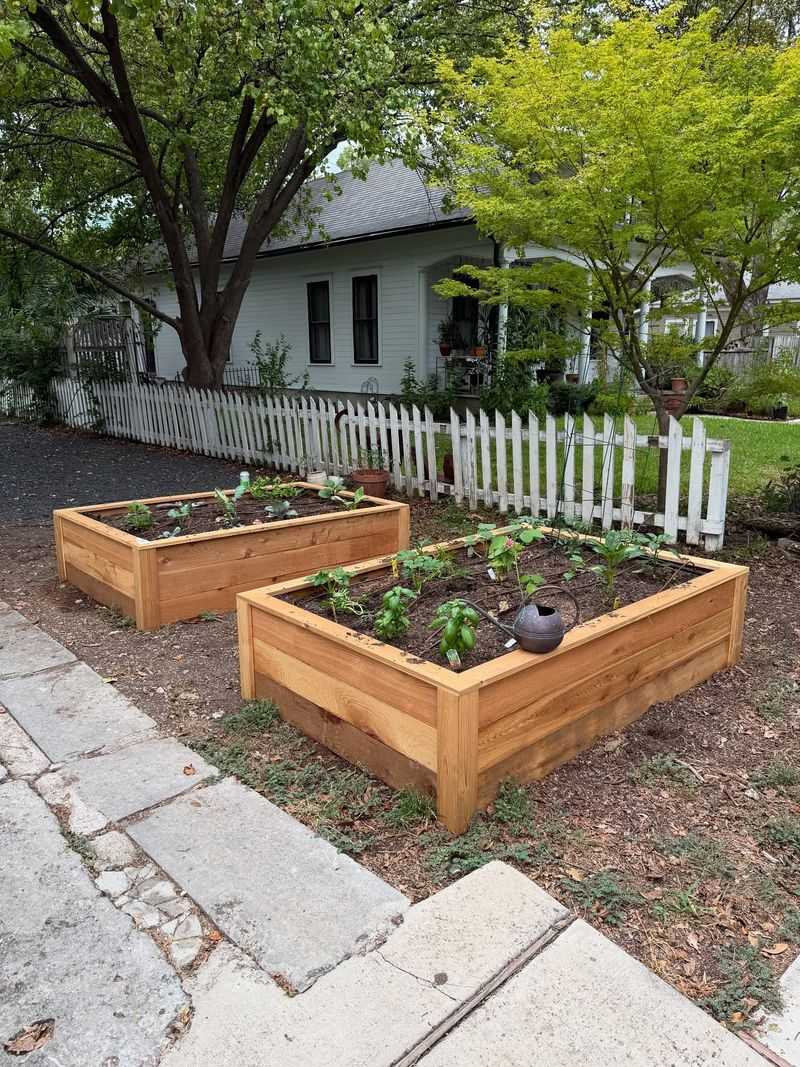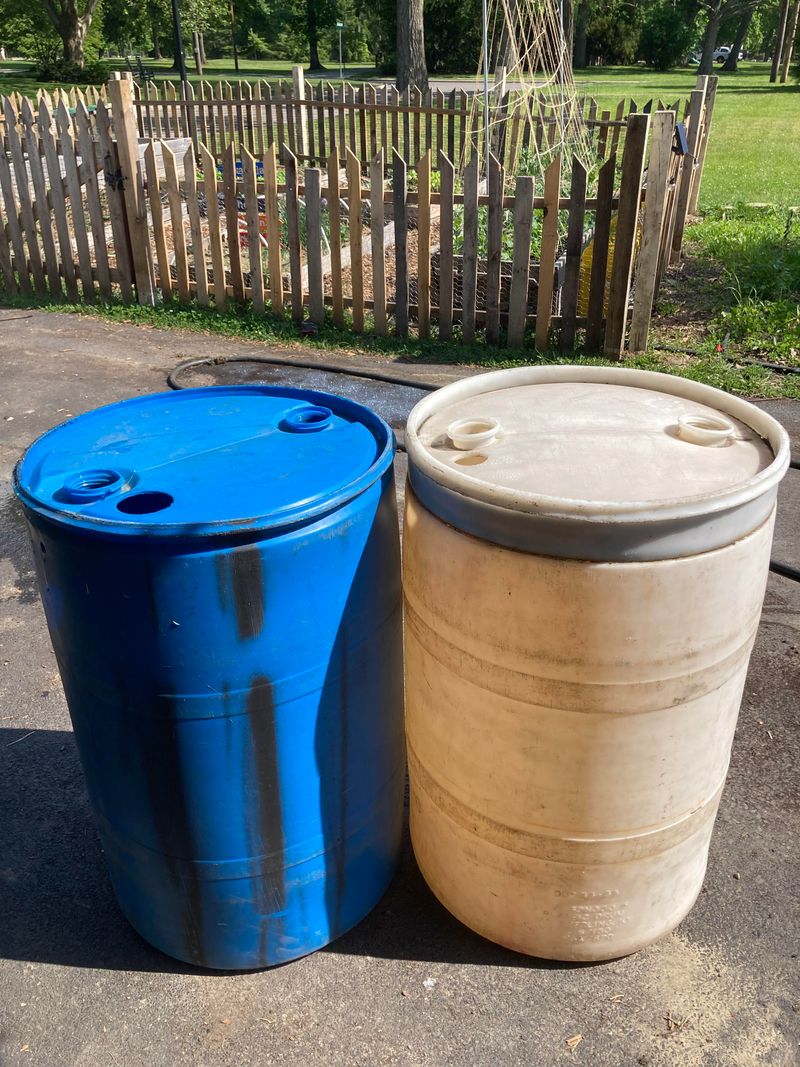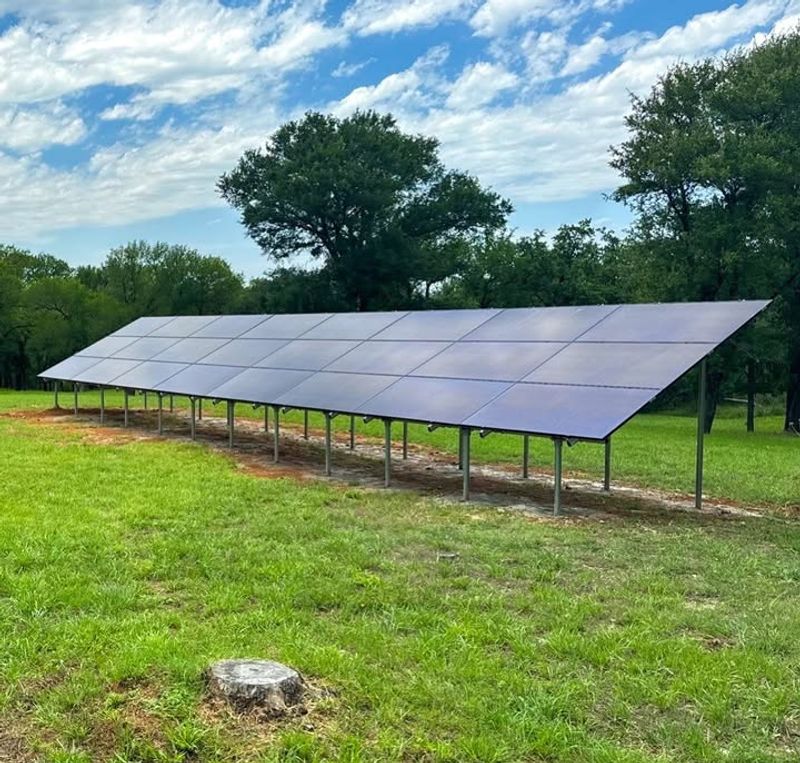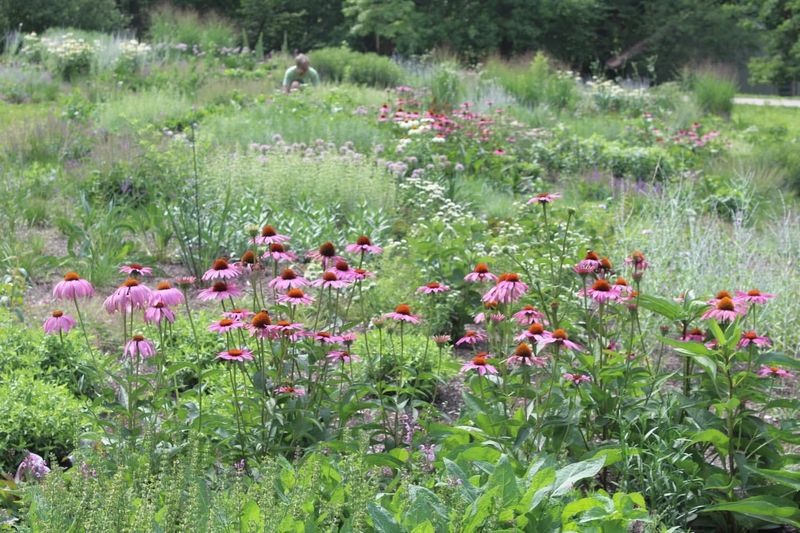North Carolina homeowners might soon face surprising new rules about what they can keep in their yards.
Local governments across the state are considering bans on certain popular outdoor features due to safety concerns, environmental issues, and neighborhood complaints.
Understanding these potential restrictions now can help you prepare and make smart choices about your property.
1. Artificial Turf Lawns
Fake grass might seem like a water-saving dream, but North Carolina lawmakers are taking a closer look at its environmental impact. Studies show that synthetic lawns can heat up neighborhoods, prevent rainwater from soaking into the ground, and release tiny plastic particles into the soil.
Many communities worry about how these materials affect local ecosystems. Wildlife depends on real grass for food and shelter, and artificial alternatives offer nothing for bugs, birds, or small animals.
If you’re planning a low-maintenance yard in North Carolina, consider native plants instead of plastic grass.
2. Backyard Chicken Coops
Raising chickens at home has become incredibly popular for fresh eggs and sustainable living. However, complaints about noise, odors, and rodent problems have pushed some North Carolina towns to reconsider allowing backyard flocks.
Neighbors often clash over roosters crowing at dawn or the smell drifting from poorly maintained coops. Health officials also express concerns about disease transmission when birds live too close to homes.
Current proposals might limit flock sizes or ban chickens entirely in certain residential zones across North Carolina neighborhoods.
3. Decorative Rock Gardens
Replacing lawns with rocks sounds practical, but North Carolina communities are reconsidering this landscaping trend. Rock gardens can create heat islands that make surrounding areas uncomfortably warm during summer months.
Water runoff becomes a major problem since rocks don’t absorb rain like soil and plants do. Heavy storms can wash stones into streets, creating drainage issues and potential hazards for vehicles.
Some North Carolina homeowner associations already restrict rock coverage percentages. Future regulations might enforce stricter limits or require permits before installation.
4. Tall Privacy Fences
Everyone loves privacy, but those towering fences might not be legal much longer in parts of North Carolina. Concerns about blocked sightlines at street corners have prompted safety discussions among city planners and traffic officials.
High fences can hide criminal activity and make neighborhoods feel less friendly and open. Emergency responders also worry about access issues during fires or medical emergencies.
Proposed height restrictions would likely cap fences at six feet or require setbacks from sidewalks and roads throughout North Carolina communities.
5. Outdoor Fire Pits
Gathering around a crackling fire pit creates wonderful memories, yet air quality concerns are changing regulations across North Carolina. Smoke from wood-burning fires contributes to pollution and can trigger respiratory problems for neighbors with asthma or allergies.
Drought conditions make open flames especially risky, even in controlled settings. One stray ember could spark a dangerous wildfire during dry seasons.
Several North Carolina municipalities already restrict fire pit usage during certain months. Complete bans might follow in densely populated areas where homes sit close together.
6. Front Yard Vegetable Gardens
Growing tomatoes and peppers where lawns once stood makes sense for food security, but some North Carolina homeowner associations strongly disagree. Critics argue that vegetable gardens look messy and lower property values in upscale neighborhoods.
Supporters fight back, claiming food production should be a homeowner right. The debate has reached local governments, where officials must balance personal freedom against community appearance standards.
Future laws might protect edible gardens or restrict them to backyards only in different North Carolina counties.
7. Rainwater Collection Barrels
Did you know? Collecting rainwater seems eco-friendly, but complex water rights laws in North Carolina make this practice legally murky. Some officials worry that widespread rainwater harvesting could reduce stream flows and affect downstream water supplies.
Standing water in barrels also attracts mosquitoes, which can spread diseases like West Nile virus. Public health departments monitor these risks carefully, especially during warm months.
Legislation might soon require covers, regular maintenance, or eliminate residential rainwater collection entirely in certain North Carolina regions.
8. Solar Panel Ground Mounts
Renewable energy sounds perfect until solar panels cover your neighbor’s entire yard. Ground-mounted systems often work better than rooftop installations, but North Carolina communities are questioning their visual impact and property value effects.
Reflective glare from panels can bother nearby homes, and large installations might violate setback requirements. Homeowner associations frequently reject applications for visible solar equipment.
Upcoming regulations could limit ground mount sizes, require screening vegetation, or push systems exclusively onto rooftops throughout residential North Carolina areas.
9. Decorative Yard Statues
Lawn gnomes, pink flamingos, and oversized statues add personality to yards, but North Carolina regulators are drawing lines on what constitutes acceptable outdoor decor. Complaints about offensive, scary, or just plain weird statuary have increased dramatically in recent years.
Some decorations become neighborhood jokes or landmarks, while others spark genuine disputes between residents. Size restrictions already exist in many areas.
Future rules might establish approval processes for large decorations or ban certain types entirely from front yards in North Carolina communities.
10. Natural Wildflower Meadows
Letting your lawn grow wild supports pollinators and reduces mowing, but North Carolina code enforcement officers often see it differently. Unmowed yards trigger complaints about property maintenance, even when owners intentionally cultivate native wildflowers for environmental benefits.
Neighbors mistake natural landscaping for neglect and laziness. Ticks and snakes also thrive in tall vegetation, raising legitimate safety concerns for families with children.
Many North Carolina towns enforce maximum grass height limits that effectively ban meadow-style yards, and stricter enforcement seems likely ahead.











